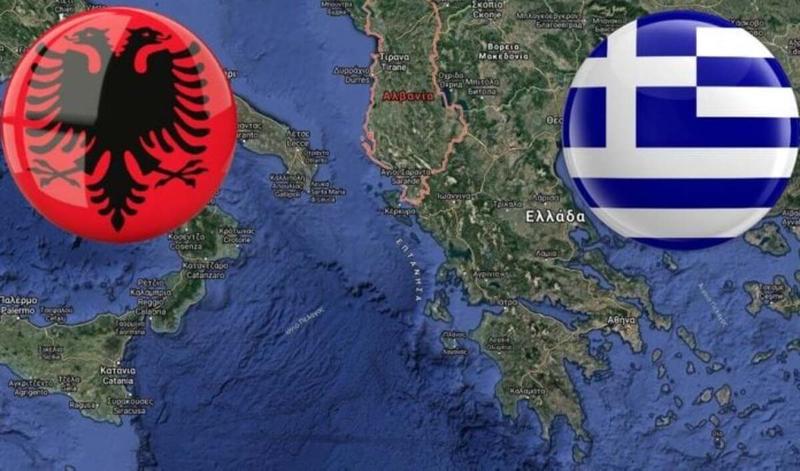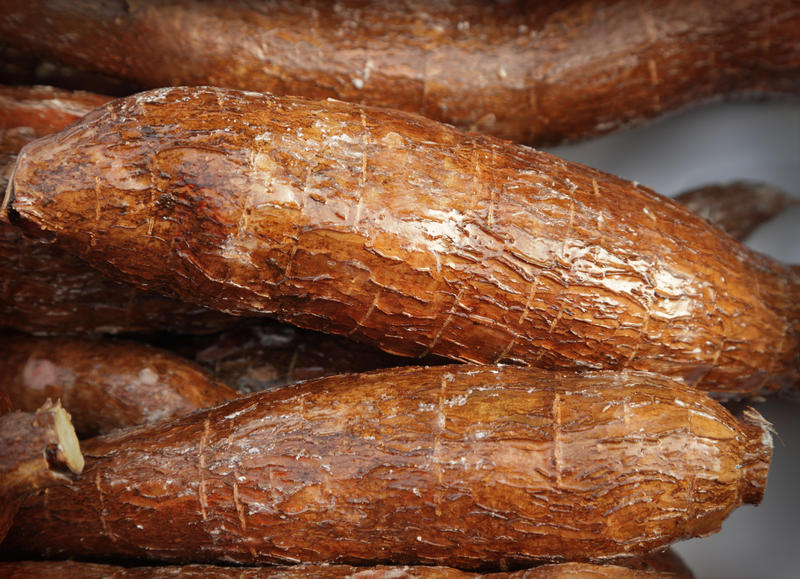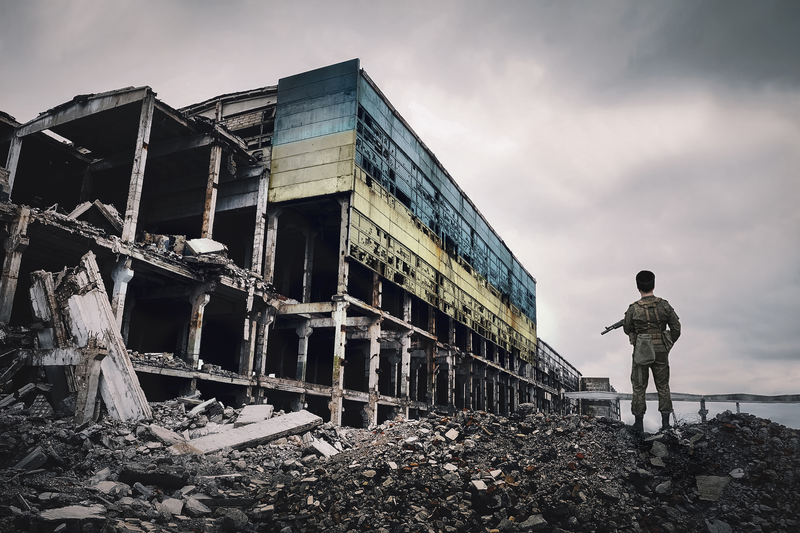Three years after the last accession wave, Brussels seems to have become more cautious regarding new memberships, after Romania and Bulgaria failed to lift up to the expectations. When Brussels tackles the European Unions expansion in the Balkans, corruption and organised crime are quickly brought up, Financial Times reads.
These issues are a main cause of the 27 EU members' precaution, particularly the Western countries, regarding the acceleration of the accession. The source of the problem is the Union's decision to accept the membership of the two countries, despite suspicions that both governments were too weak or too little willing to address problems triggered by decades of poverty and the arbitrary control of a communist state.
The experience was so tough that the EU has raised the bar entry for the prospect candidates from the Balkans: "The lesson . . . is that the process has to be rigorous if it is to be successful overall," Rosa Balfour of the Brussels-based European Policy Centre declared.
In June 2008, the European Commission took the unprecedented decision to suspend hundred of million euro worth of EU aids and forbid two Bulgarian state agencies to have access to community funds. The situation improved after Boiko Borisov took over Bulgaria's premiership, introducing a governance programme based on the anti-corruption fight. A radio presenter who constantly wrote about the state's organised crime gangs and with contacts in this groups was recently killed, bringing the issue back to the public attention. Since 2001, Bulgaria recorded 150 organised crime murders, but there was not one case to end with a conviction.
As for Romania, EU officials approved the new civil and penal codes, but noted hat the judicial system should enjoy a greater independence in the fight against corruption.



















